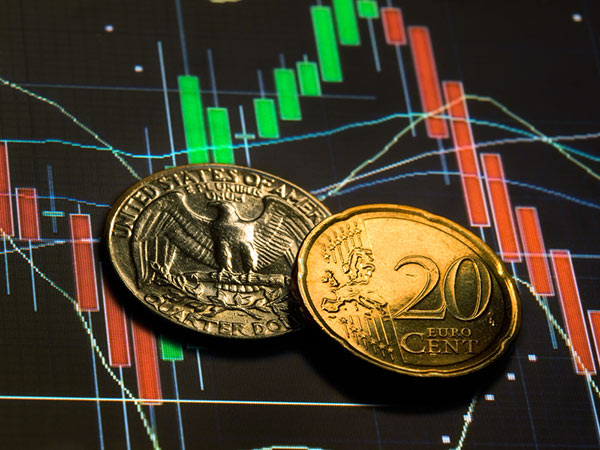The Euro to US Dollar (EUR/USD) exchange rate ticked higher on Monday as European Finance Ministers gather for crunch talks over Greece’s bailout terms. If no deal is reached then the Euro is forecast to fall against the ‘Greenback’ and other major peers.
The Euro to US Dollar (EUR/USD) exchange rate hit a session high of 1.1430
Greece’s €420 billion bailout is set to end on February 28 and the new Syriza led Greek government does not intend to extend it, increasing concerns that a standoff with its creditors could lead to the nation exiting the Eurozone.
The Athens government believes that a deal will be reached but added that it will be a deal that would put an end to harsh austerity measures that have negatively impacted upon the lives of millions.
Deal not Likely
Hopes for a deal being reached are slim, as both sides appear to be trying to call the others bluff. The Greek government appears to be betting that the European Finance Ministers will do what they want in order to save the Eurozone.
On the other hand, the other side is betting that Greece will back down as the deadline approaches and that it will do what it asks to stay in the Eurozone.
Before the meeting even started, the Germans and Greeks were clashing. German Finance Minsiter Wolfgang Schauble accused the New Greek government of behaving irresponsibly.
‘I feel sorry for the Greeks at the moment. They’ve elected a government which is currently acting irresponsibly,’ Schauble said.
The Greeks retaliated by accusing Germany of also being irresponsible and is culpable for the current deadlock in the talks.
Eurozone Trade Surplus Hits record High
Despite the uncertainty over the Greek talks, economic data showed that the Eurozone’s trade surplus hit a record high of €194.8 billion in 2014, a huge increase of 27% from the previous year’s surplus. December’s surplus of €24.3 billion was the largest ever recorded. The cause for the huge surplus was mostly down to a massive German surplus.
Normally a surplus would be seen as a good thing but with the Eurozone in the shape that it is in it is in fact detrimental, as it will keep the Euro stronger than it would otherwise be.
A strong Euro hits demand for Eurozone exports, especially the more price sensitive ones of the southern European member-states, and lowers the prices of imported goods, reinforcing downward pressure on prices.
The US markets are shut for the President’s Day National Holiday.



